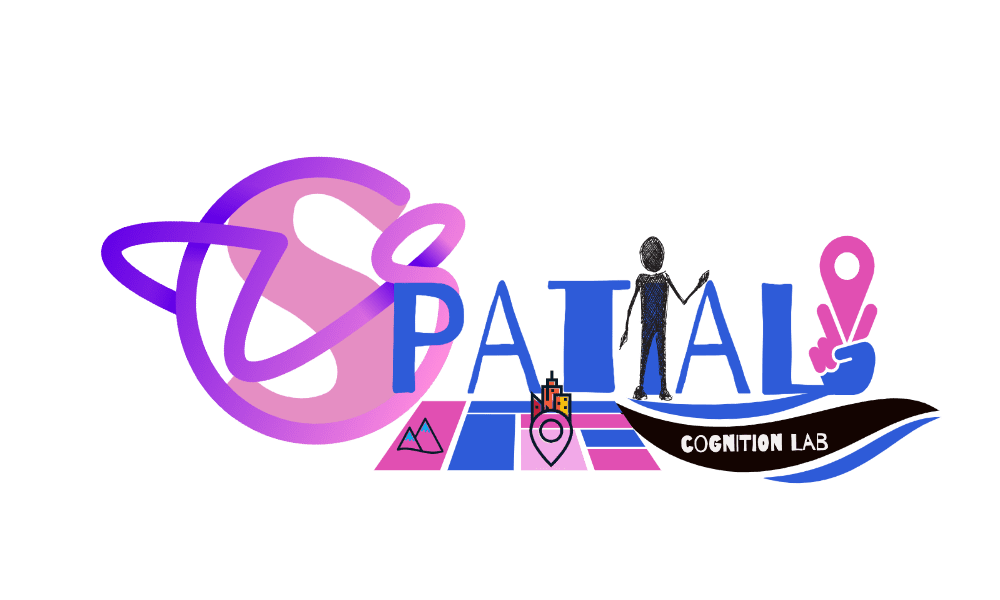It is now online the article: "The Dual Process model: the effect of cognitive load on the ascription of intentionality" by Micaela Maria Zucchelli, Nicola Matteucci Armandi Avogli Trotti, Andrea Pavan, Laura Piccardi, and Raffaella Nori, published in Frontiers in Psychology.
This article seeks to examine the intentionality behind decision-making by utilizing a cognitive load paradigm. We aim to compare the traditional Dual Model with the innovative New Dual Model process.
The Dual Process model views decision-making as a mix of intuitive System 1 and rational System 2. The updated model includes logical reasoning in intuition. The Cognitive Load paradigm helps distinguish these processes, prompting reliance on heuristics. In our studies, we examined how different cognitive load levels affect intentionality in decision-making by contrasting the two models, asking participants to attribute intentionality to foreseeable negative outcomes and positive side effects.
This study compared intuitive results-focused responses with logical responses emphasizing intentionality. Participants were assigned to six conditions varying in cognitive load (high, low, none) and scenario valence (negative, positive). Study 1 used a concurrent task for cognitive load, while Study 2 applied a dual-task under time pressure. Cognitive load leads participants to perceive negative outcomes as more intentional than positive ones. This reflects a shift towards intuitive thinking, especially compared to those without cognitive load. In both studies, cognitive load reduced the attribution of intentionality for positive effects, with slower responses to positives. This suggests System 2 is activated for positive outcomes, while System 1 dominates for negatives, revealing the functions of these decision-making systems in attributing intentionality.



